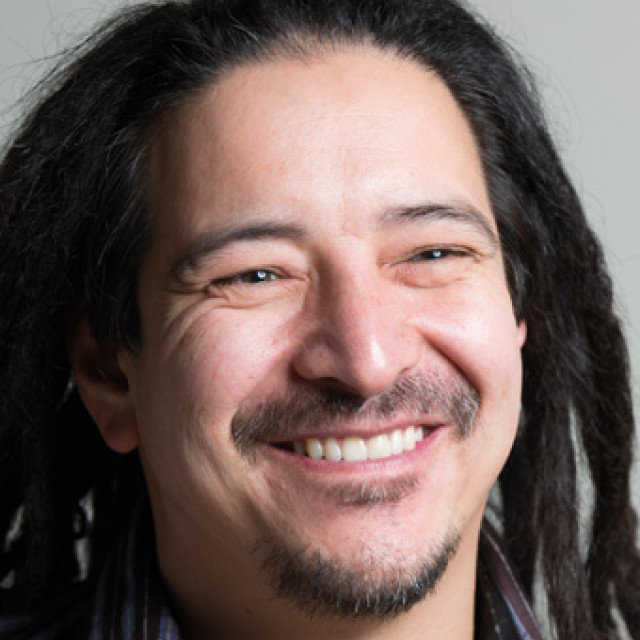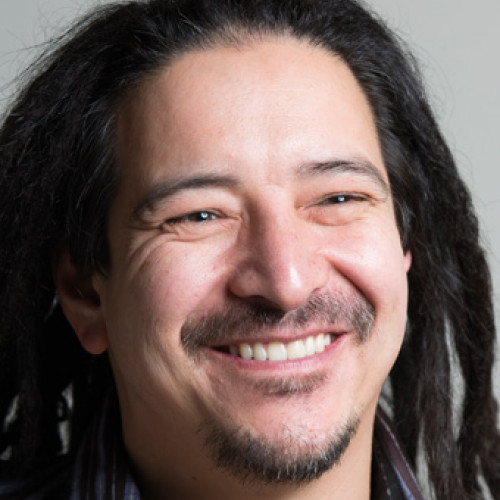The significance of having the donation conversation
Organ donation is only possible in a small proportion of all deaths in New Zealand. However, when donation can occur, one donor has the potential to help up to ten people through the donation of organs and tissues.
“Organ donation is only possible in specific circumstances when a person dies in an intensive care unit (ICU), usually with severe brain damage” says Organ Donation New Zealand’s (ODNZ) National Clinical Lead Dr Jo Ritchie. “This situation is unexpected and devastating for everyone. Despite their immense grief, the family/whānau is asked to consider the possibility of organ and tissue donation”.
“The unfortunate reality of organ donation is that the person who is being considered for donation, was alive and well the day before” Dr Ritchie adds. “So although it can be uncomfortable talking about death, we encourage everyone to have a conversation about donation with their family, whānau or close friends now. That way, if you die, the conversation may be easier for your family as they will know your wishes”.
In 2020, thanks to the generosity of 64 deceased organ donors and their families, 186 people were able to receive life changing heart, lung, liver, kidney or pancreas transplants.
Many of these organ donors also donated tissues including eye tissue, heart valves and skin. Eye tissue is used to restore sight and repair eye damage, donated heart valves to help babies and young children with genetic heart conditions and skin to help treat people with severe burns.
ODNZ also facilitated an additional 58 tissue-only donations from people who died in a hospital ward, hospice or at home, improving the quality of life for transplant recipients. (These were in circumstances where organ donation was not possible, however tissue donation could still occur).
ODNZ would like to thank the families and whānau who considered organ and tissue donation at the time of the death of their family member. “We also thank all the health professionals involved in organ and tissue donation for their support and dedication in caring for donors and their families, and in turn enabling lifesaving transplants” Dr Ritchie says.
For more information on organ and tissue donation in 2020 see the ODNZ Annual Report.


